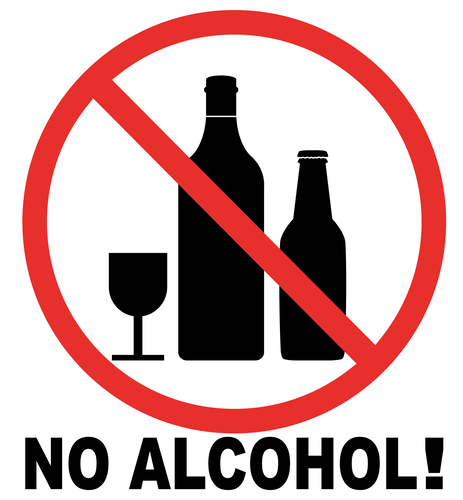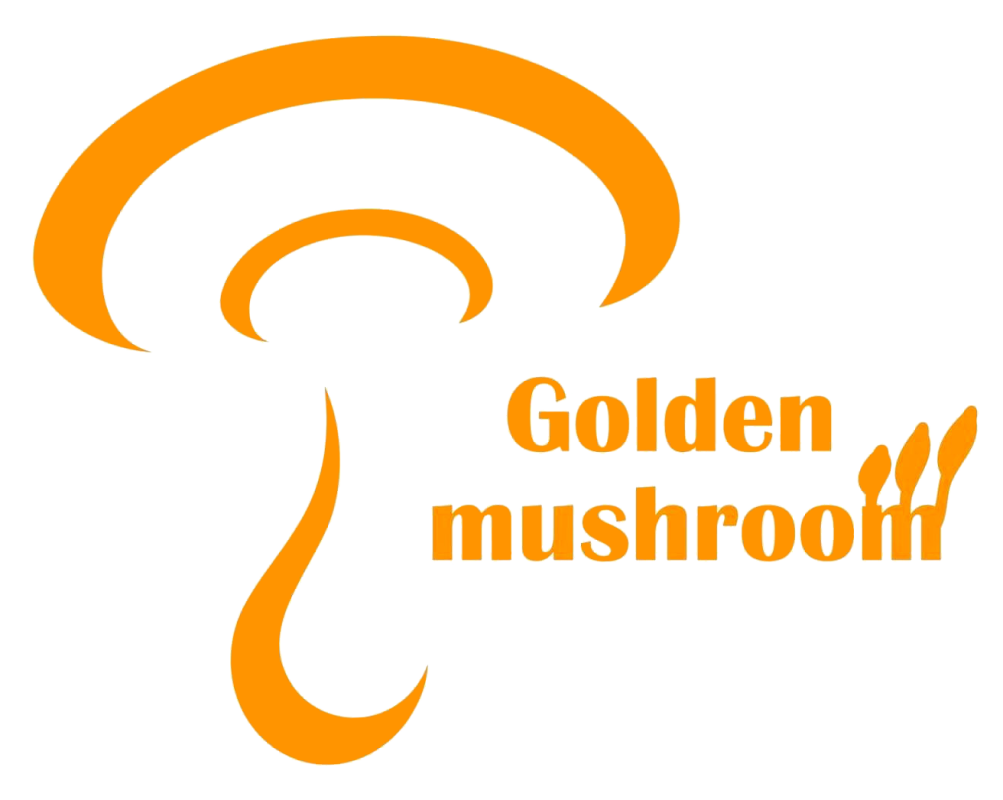Do I Have an Allergy to Alcohol?
Content
What’s more, research shows that some people have a gene variant that prevents the body from producing aldehyde dehydrogenase, an enzyme that helps break down alcohol. So if your heart races and your body temperature skyrockets after drinking, your liver may not be able to manage the concentration of alcohol in your body effectively. It can show if you are allergic to an ingredient in alcoholic beverages.
- Fining agents – such as egg, milk, or fish proteins used in the removal of small particles from wine.
- Allergy symptoms that affect breathing or have the potential to block your airway, such as swelling in the mouth or of the tongue, can be life-threatening.
- Alcohol intolerance, however, is more difficult to test for.
- Though rare, an alcohol allergy has the potential to be fatal.
A professional program can also connect you to a recovery community once treatment is over, to provide you long-term support. An example of a recovery community is a 12-Step program for alcohol addiction. If you’re taking medication, check with your doctor to see if it’s OK to drink alcohol while you take it. Read beverage labels to see whether they contain ingredients or additives you know cause a reaction, such as sulfites or certain grains. Be aware, however, that labels might not list all ingredients. The biggest hurdle to overcoming opioid use disorder is weathering the withdrawal symptoms, which is where medication-assisted treatments can help. If your loved one needs more care, we offer both residential and outpatient rehab.
Alcohol Allergies
Nasal congestion is the result of inflammation in the sinus cavity, according to Livestrong. “This is also due to high levels of histamine found in alcoholic beverages, especially wine and beer,” says Dr. Christopher Calapai over email. If you have a true alcohol allergy, the only way to avoid symptoms is to avoid alcohol altogether. Even a small amount of alcohol can cause a serious reaction. Read ingredient lists for foods and beverages, ask restaurant staff for information on menu items, and avoid products that contain alcohol. Many people with an alcohol allergy develop hives after drinking.

Either way, it can be very serious and even life-threatening. If you think you may have an alcohol allergy, it’s vital to speak to your doctor before drinking alcohol again.
Alcoholism Resources
If you notice this or any other symptoms of alcohol allergy or intolerance, bring it up with your healthcare provider—and avoid drinking in the meantime. Certain diseases can affect how well alcohol dehydrogenase functions. The sudden development of alcohol intolerance does not necessarily mean that a new disease signs of alcohol allergies is present. However, a person in this situation should still seek medical attention to ensure that a health problem has not recently developed. Symptoms and severity of symptoms can vary from person to person. Symptoms include severe rashes, difficulty breathing, nasal congestion, stomach cramps, or collapse.
Cyclic vomiting syndrome – Symptoms and causes – Mayo Clinic News Network
Cyclic vomiting syndrome – Symptoms and causes.
Posted: Sat, 10 Jul 2021 07:00:00 GMT [source]
Although alcohol allergies are uncommon, they represent a serious threat to your health. If, after consuming alcohol, you experience any of the symptoms listed above, please see your physician right away. Allergy testing should always be done in a medical setting. If you have an allergy, your immune system over-reacts to contact with a trigger or “allergen.” If you have an alcohol allergy, your immune system treats alcohol as a threat. It responds to alcohol by producing antibodies known as immunoglobulin E .
What Is an Alcohol Allergy?
It helps to pinpoint whether you have an intolerance or a full-blown allergy. Alcohol intolerance is a real condition, but it can sometimes be confused with other related conditions, such as allergies or drug interactions with alcohol. Having an alcohol intolerance is a genetic condition that means your body cannot process alcohol correctly.
If you are someone who has food allergies or asthma, you are more likely to have a reaction to alcohol. Your symptoms that you experience to alcohol can be similar to the reaction you experience when consuming the ingredient you are allergic to. It’s essential to remember that antihistamines don’t treat the symptoms, and you should not continue drinking if you have alcohol intolerance. People who are allergic to alcohol are rarely allergic to ethanol , they are typically allergic to other ingredients like barley, yeast, sulfates, hops, wheat, and histamines. Symptoms of an allergic reaction to alcohol include nausea, hives, and cramps. If someone believes they have an alcohol allergy or intolerance, they should stop drinking alcoholic drinks and visit their healthcare provider for testing and advice.
What Happens When You Drink Alcohol?
Content is reviewed before publication and upon substantial updates. The doctor may refer the person to an allergy specialist for further testing and treatment.




